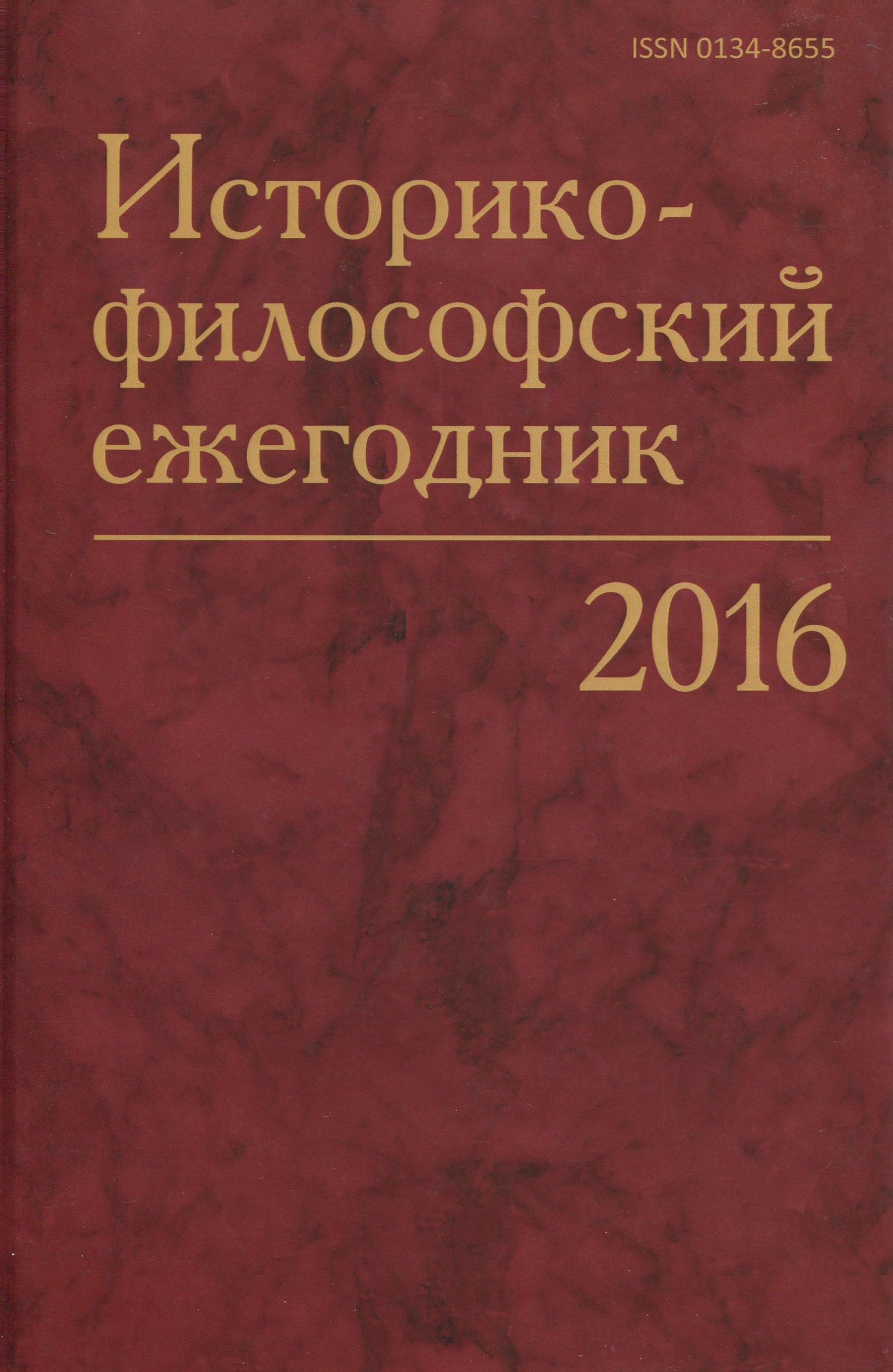George Berkeley’s Moral Philosophy and Its Development
Keywords:
George Berkeley, moral philosophy, social philosophy, utilitarianism, British empiricismAbstract
In the article, the stages of the development of George Berkeley’s moral philosophy are examined. Berkeley’s views on moral philosophy were formed in 1707–1708, in his notebooks. In this manuscript, Berkeley appears as an ethical egoist. However, the fragments discussing ethical problems are too scanty to restore the whole picture of Berkeley’s early views. In the paper, formed Berkeley’s position presented in the works of 1712–1713 is analyzed. The question of attributing Berkeley to the utilitarian or natural law tradition is raised. The author argues for the latter. In Berkeley’s work, moral issues are blended with some topics of social philosophy, that’s why his theory may be called an ethico-social doctrine. The further development of Berkeley’s moral philosophy is analyzed on the ground of his works of 1721‒1732. Berkeley’s views on free will and moral responsibility are examined.

